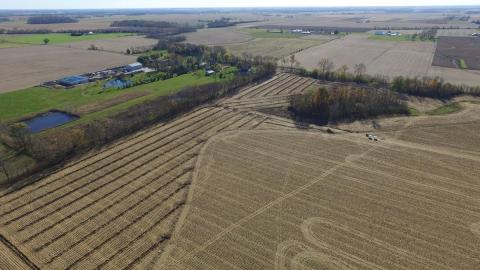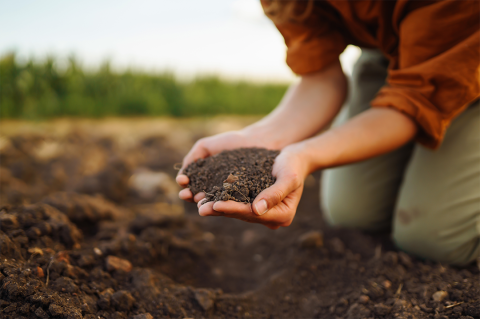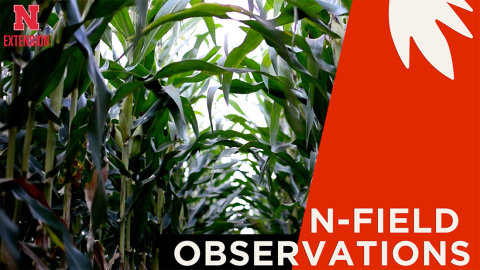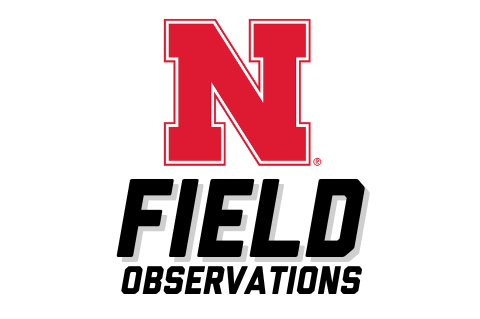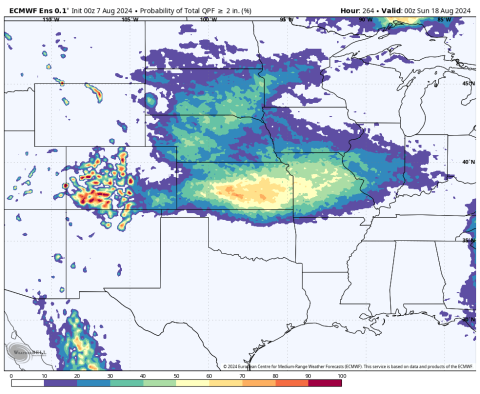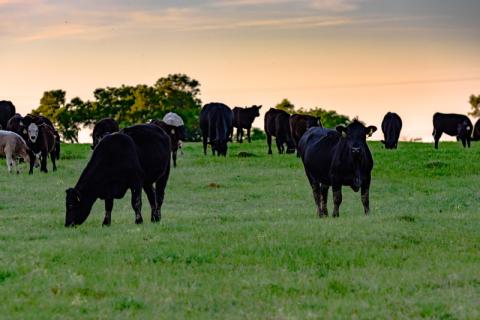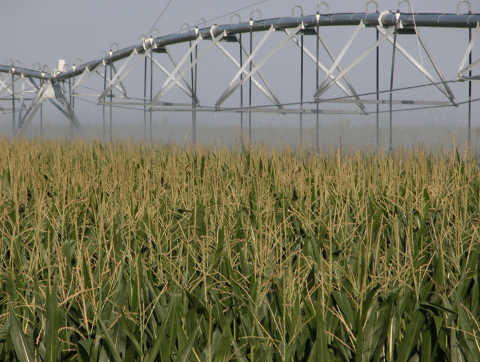Farmland Valuation: Understanding Income Capitalization and Cap Rates
August 8, 2024
Cornhusker Economics experts define several factors that are used by farm appraisers to estimate income value of farmland.
Everything on EQIP for Producers
August 8, 2024
In this series of UNL Water articles, producers can brush up on EQIP eligibility and application requirements to receive assistance with natural resource concerns on their land.
This Week on N Field: Metribuzin for Weed Control in Soybean
August 8, 2024
Considerations for applying Metribuzin in soybean as a pre- and post-emergence herbicide.
This Week on N Field: Control of Volunteer Corn in Soybean
August 8, 2024
Nebraska Extension Weed Management Specialist Amit Jhala shares management tips to control volunteer corn in soybean.
Weekly Weather Outlook and Update: Aug. 7, 2024
August 8, 2024
More seasonal temperatures will return to Nebraska starting Tuesday, Aug. 13, with highs in the upper 80s, accompanied by several chances of thunderstorms.
Southeast Nebraska Pasture and Acreage Expo Set for Aug. 23
August 8, 2024
This expo will help both experienced and first-time landowners learn animal and pasture management strategies to maximize the value of their properties and livestock operations.
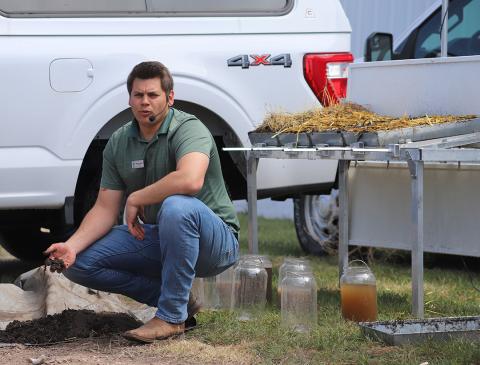
New Focus for September Nebraska Soil Health School
August 7, 2024
The next soil health school will focus on integrated crop and livestock system goals and objectives that might affect soil health management. Attendance is free, and certified crop advisor CEUs will also be offered.
Time to Consider Using the Remaining Stored Soil Water in Irrigated Corn and Bean Fields
August 7, 2024
The last few irrigations of the season require careful consideration. An unneeded irrigation can waste several inches of water and gallons of diesel fuel, and leaves little room in the soil profile to capture winter/spring rains.


